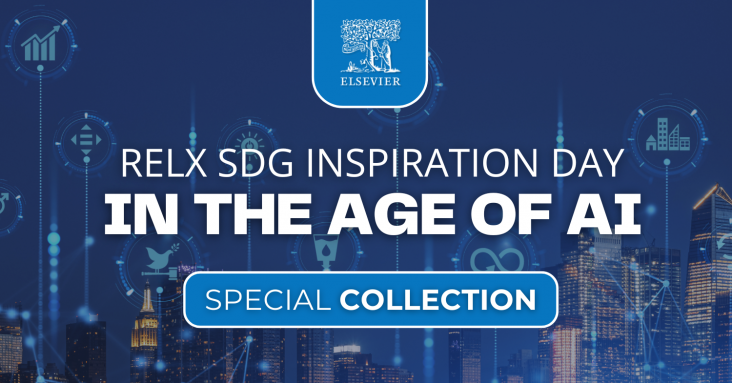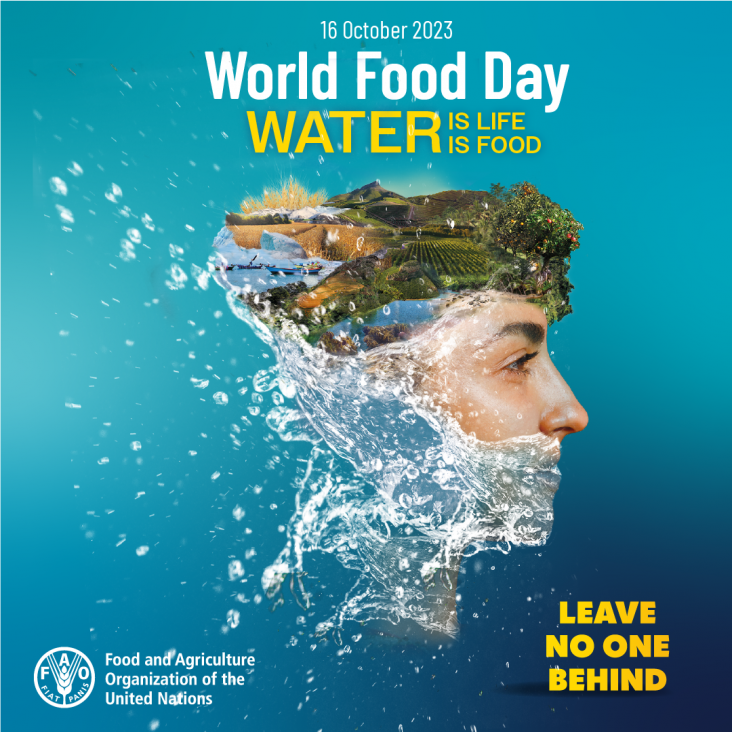End hunger, achieve food security and improved nutrition and promote sustainable agriculture

This year’s RELX SDG Inspiration Day will bring together global AI leaders, corporate representatives, investors, government, and NGOs to explore issues, gain practical insights and be inspired to take action in support of the Global Goals. Elsevier is proud to share this special collection of articles and chapters in celebration of this event.
The study forecasts AI-based innovation's impact on SDGs in 22 countries from 2022 to 2030 using System Dynamics Modeling. In most of the 22 countries studied, AI-based innovation positively affects SDGs 1, 3, and 5. For half of the countries studied, AI-based innovation positively influences SDGs 2, 4, 6–8, 11, 13, and 16–17. AI-based innovation does not positively influence SDGs 10, 12, 14–15 for most countries studied.
This chapter advances the UN SDG goals 2 and 9 by highlighting the role AI can play in identifying crop improvement methods for sustainable agriculture.
This chapter aligns with Goals 2 and 11 by focusing on the potential for improved food production when agroforestry practices are exploited. Further, the use of Agroforestry enhances sustainability within food production systems by providing environmental protections and balances.
This article provides novel insights for further improvements in tomato quality while also developing water-saving irrigation techniques.

In support of #WorldFoodDay, Elsevier has curated a special collection of free access book and journal content to help raise awareness for water as the foundation for life and food.
This study estimates the prevalence and trends of undernutrition in all countries of SEAR using national level data. This is the first study to study indicators of malnutrition at the regional level and estimating the effect of current food policies on future health of children.
UN's Summit of the Future 2024: Paving the Path for SDG Resources
This chapter aligns with Goal 2: Zero Hunger and Goal 12: Responsible Consumption by considering plant-based meat alternatives as a sustainable approach to provide affordable and nutritious meat substitutes in a world with growing human consumption demands.
The authors explore the impacts of the virtual water trade (i.e. water used in the production of agricultural products). The authors find that increasing trade of agricultural products could lead to significant water savings.
